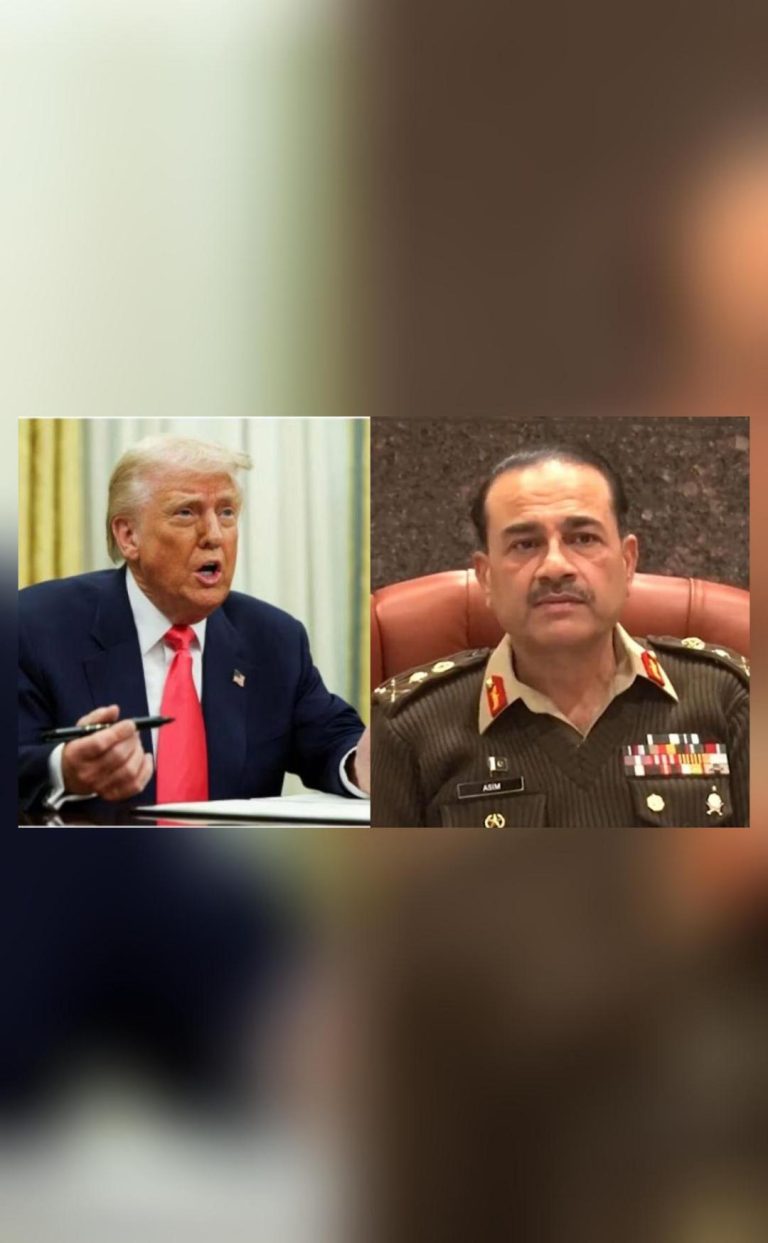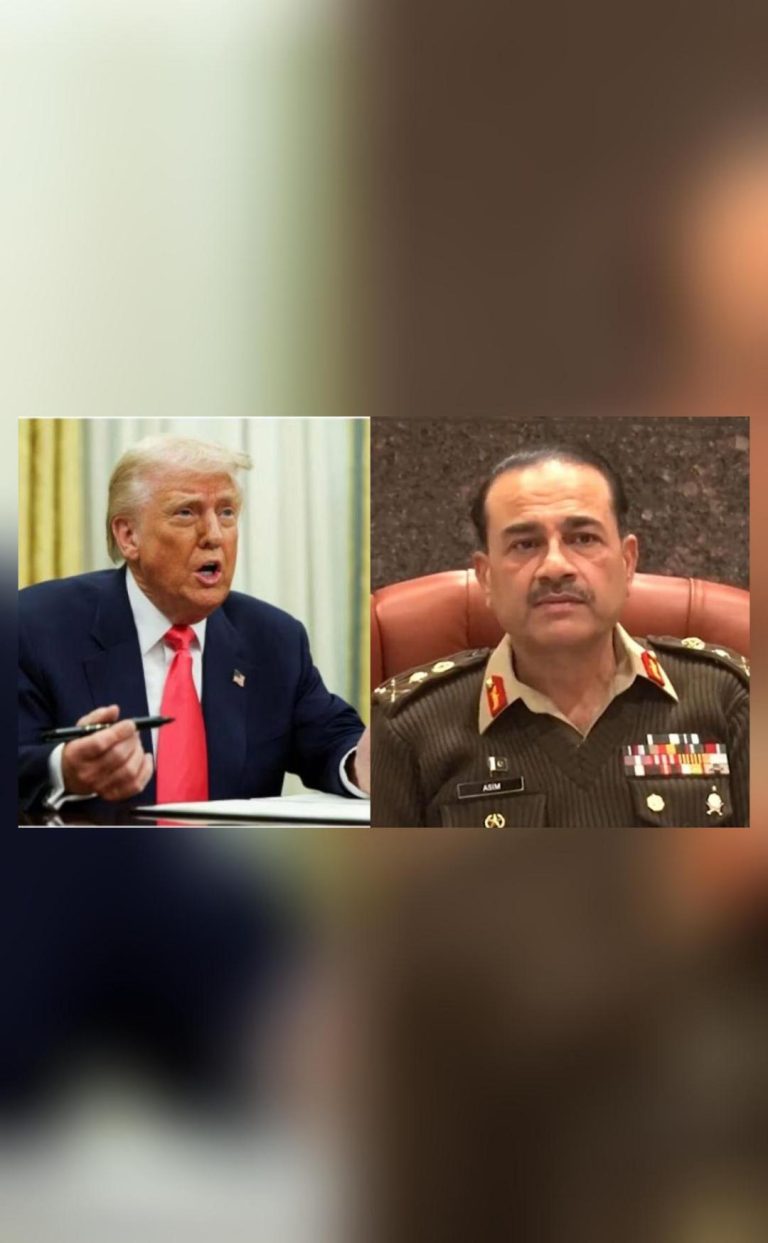
Asim Munir is Osama Bin Laden in a Suit: Former US Official
The comment made by a former Pentagon official, Michael Rubin, has sparked a heated debate in the political circles. Rubin, a well-known expert on the Middle East and South Asia, equated Pakistan’s new army chief, Asim Munir, with Osama Bin Laden, the notorious terrorist founder of Al-Qaeda. According to Rubin, Munir is not only a terrorist but also a mastermind who is hiding behind a suit and tie.
Rubin made these comments while discussing the recent nuclear threats made by Munir against the United States. In a shocking statement, Munir threatened to take half the world down with Pakistan if the US continues to interfere in its internal affairs. The comment sent shockwaves across the globe, with many experts warning about the catastrophic consequences of such a threat.
Rubin, who is a senior fellow at the American Enterprise Institute, said that Munir’s statement was reminiscent of Osama Bin Laden’s infamous threats against the US before the 9/11 attacks. “Osama bin Laden was a terrorist who hid behind a beard and a turban. Asim Munir is Osama bin Laden in a suit,” Rubin said in an interview.
Rubin also criticized US President Donald Trump, saying that he is a businessman who is used to horse-trading. “He doesn’t understand that a bad peace deal can advance war,” Rubin added. The comment was seen as a veiled attack on Trump’s recent peace deal with the Taliban, which many experts believe will only lead to more violence in the region.
Munir’s nuclear threat is the latest development in the deteriorating relations between the US and Pakistan. The two countries have been at odds over several issues, including the US’ criticism of Pakistan’s human rights record and its alleged support for terrorist groups.
Pakistan’s military has been accused of supporting terrorist groups, including the Haqqani network, which has been responsible for numerous attacks on US troops in Afghanistan. The US has also been critical of Pakistan’s nuclear program, which it believes is not transparent enough.
Munir’s appointment as the new army chief has raised concerns about the direction of Pakistan’s foreign policy. Munir is known for his hardline views on the Kashmir issue and his support for the Taliban. His appointment has been seen as a blow to Pakistan’s efforts to improve its relations with India and the US.
The US has been trying to engage with Pakistan on several issues, including the Afghan peace process and the fight against terrorism. However, the recent nuclear threat made by Munir has put a damper on those efforts.
Rubin’s comments also highlight the complexities of the US-Pakistan relationship. The US has been a significant investor in Pakistan’s economy and has provided billions of dollars in aid to the country. However, Pakistan has also been accused of using US aid to finance its military and support terrorist groups.
The US-Pakistan relationship is a delicate one, and any escalation in tensions could have catastrophic consequences for the region. The recent nuclear threat made by Munir is a stark reminder of the dangers of nuclear proliferation and the need for sustained efforts to prevent a nuclear conflict.
In conclusion, Rubin’s comments highlight the concerns about Munir’s appointment as the new army chief and the potential risks it poses to regional stability. The US must be cautious in its dealings with Pakistan and ensure that its aid is used to promote peace and stability in the region.
Source:



